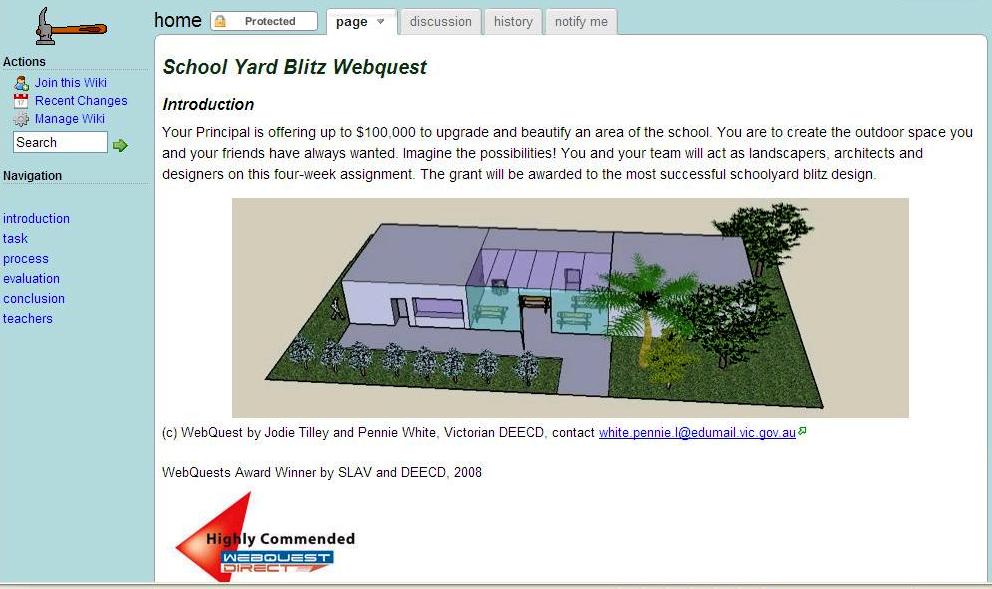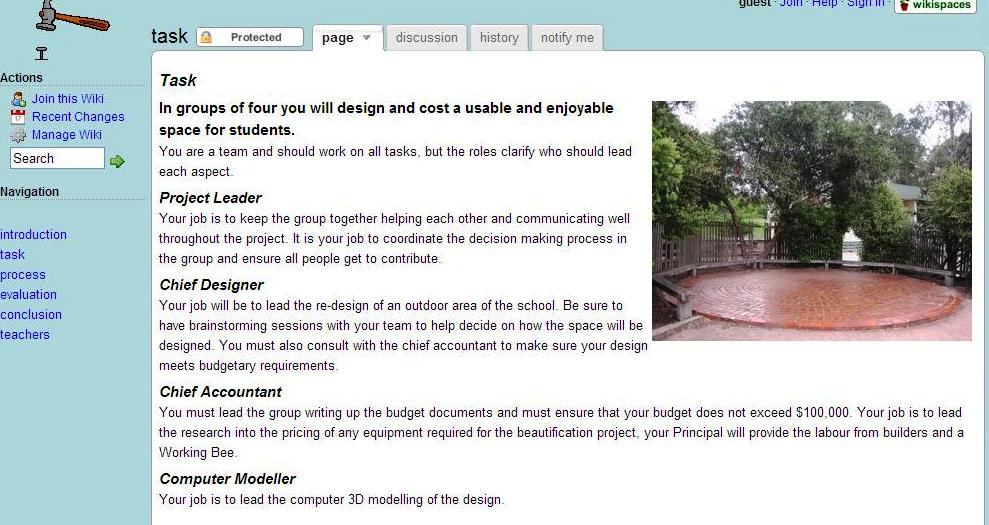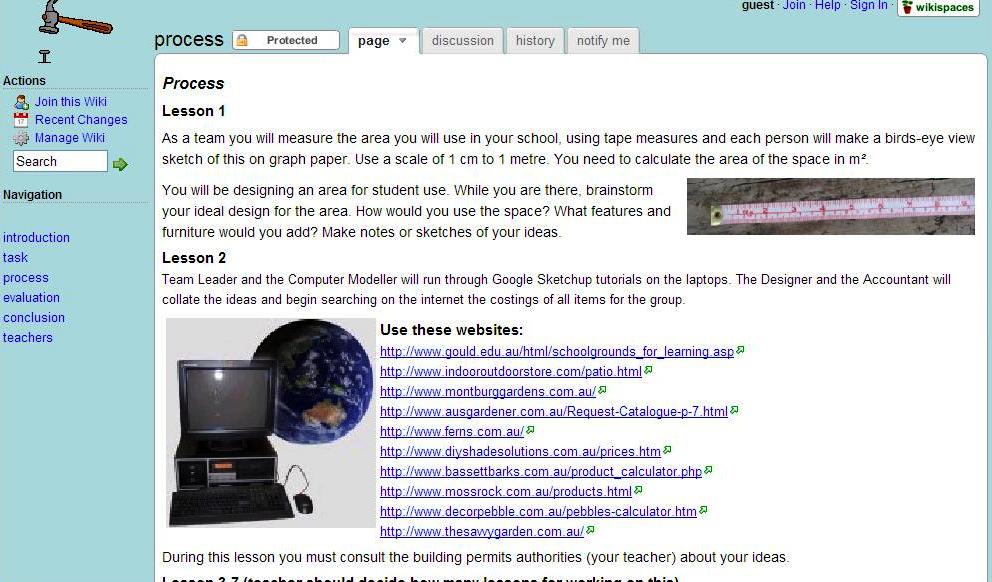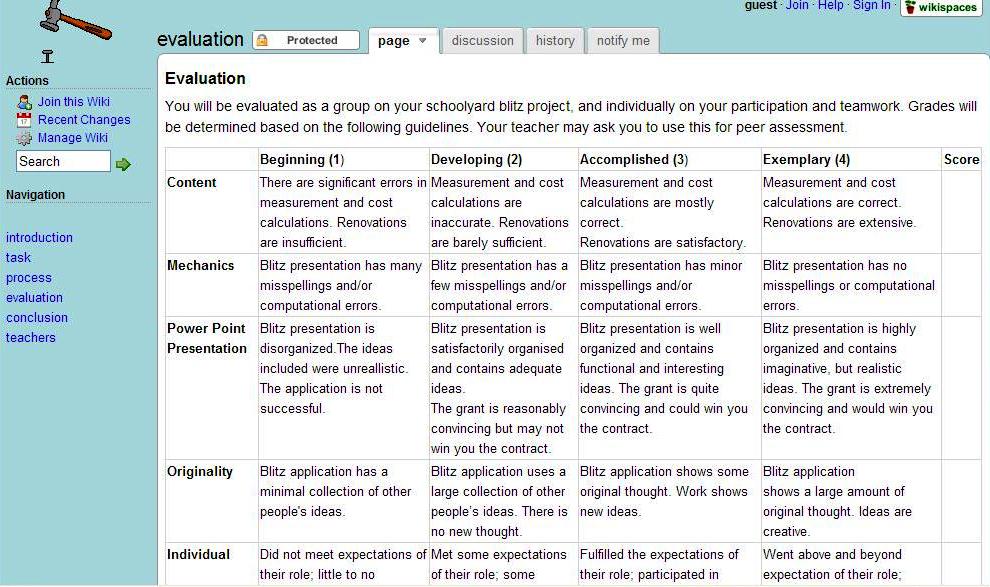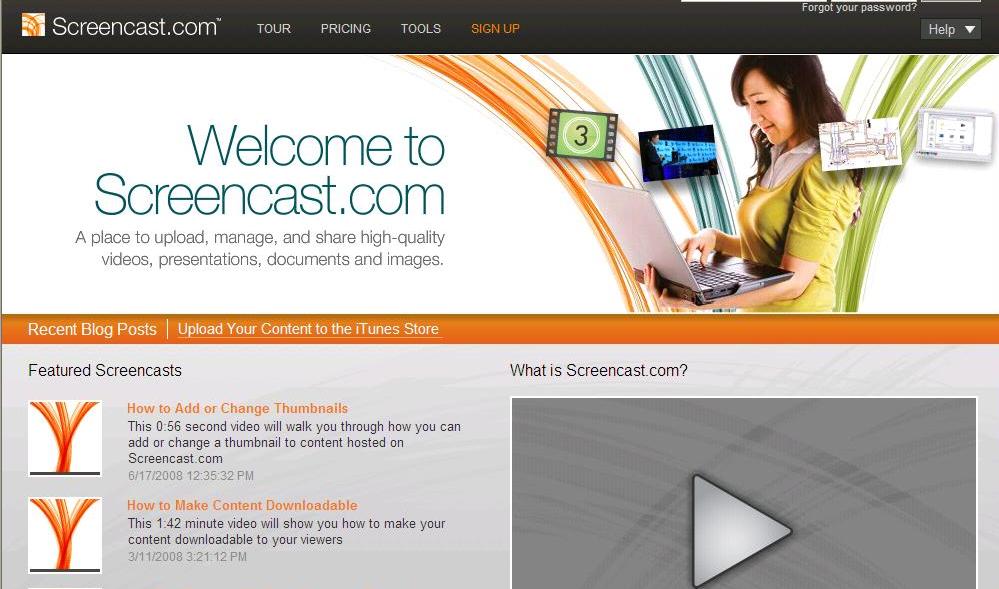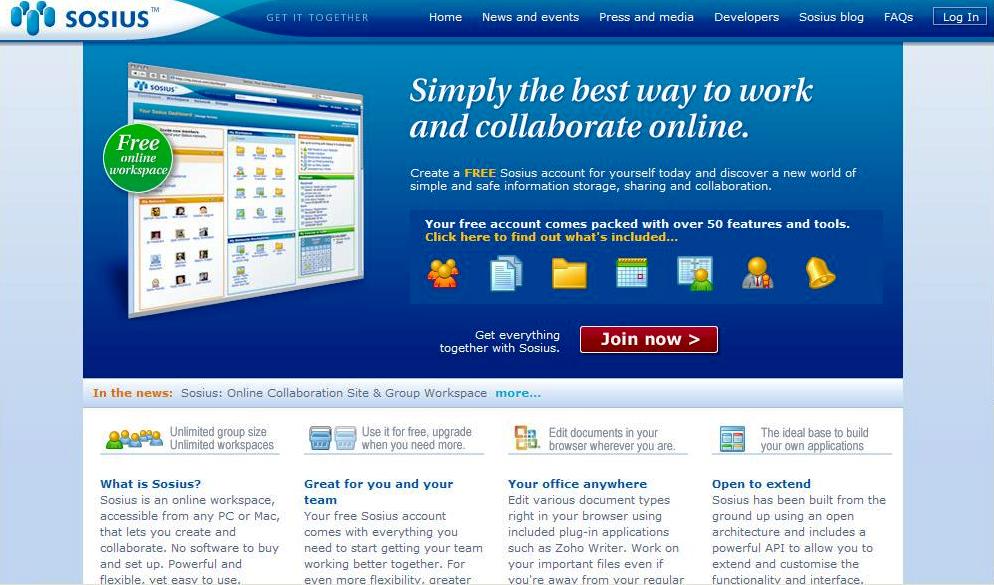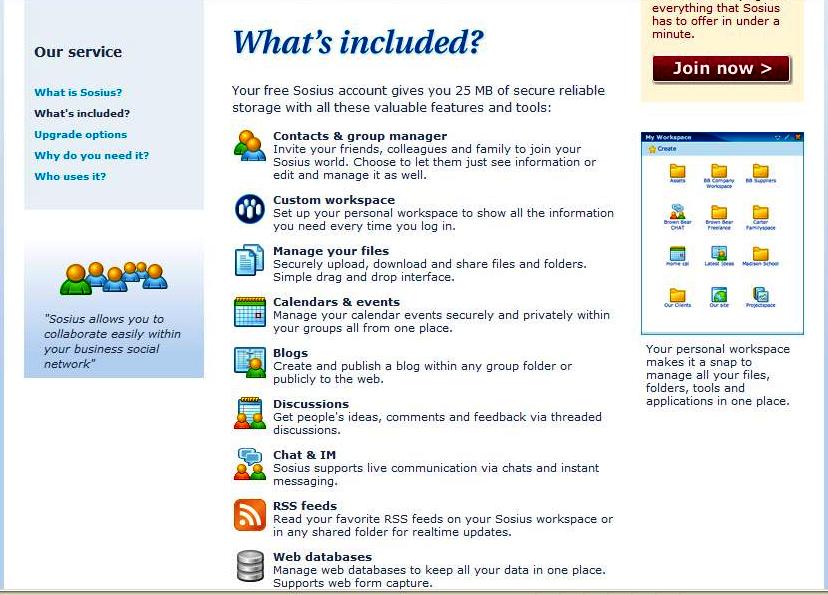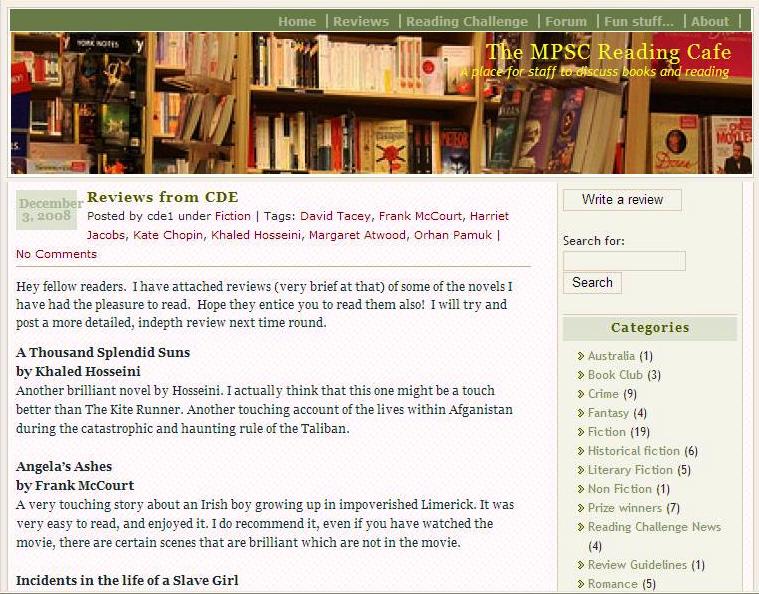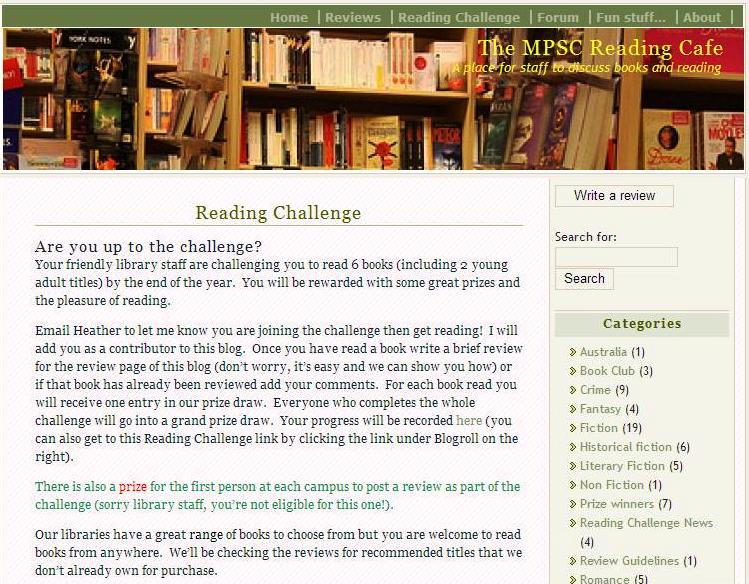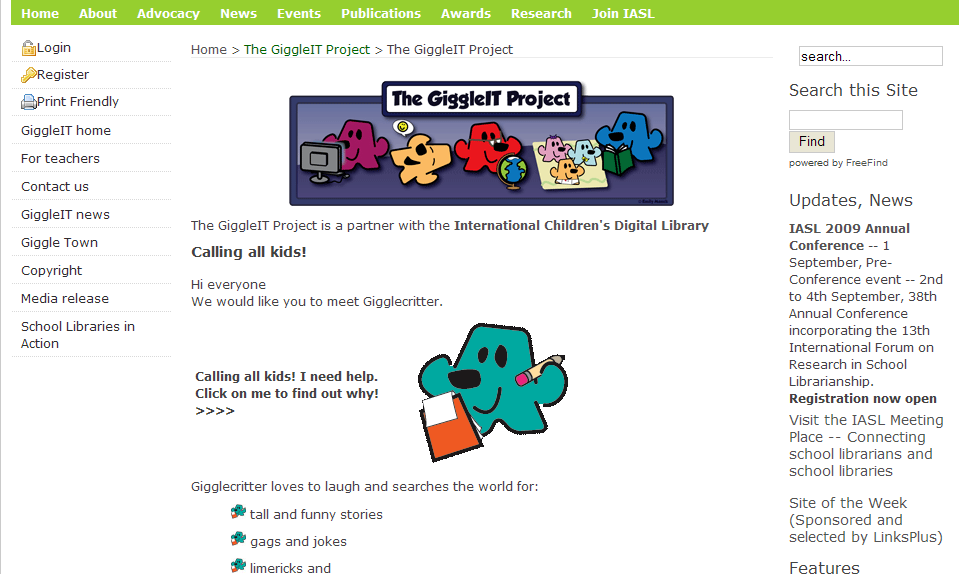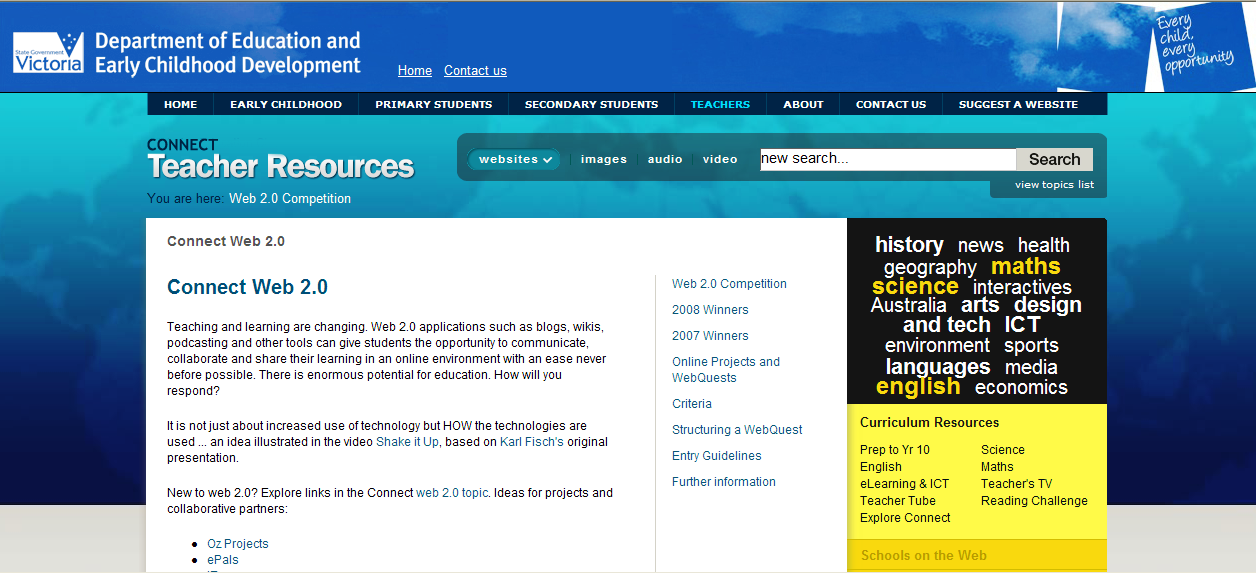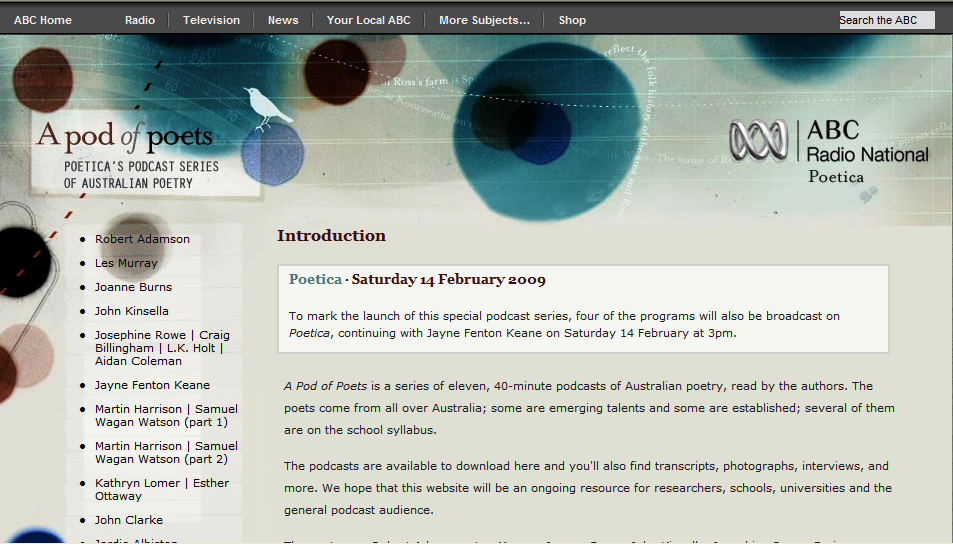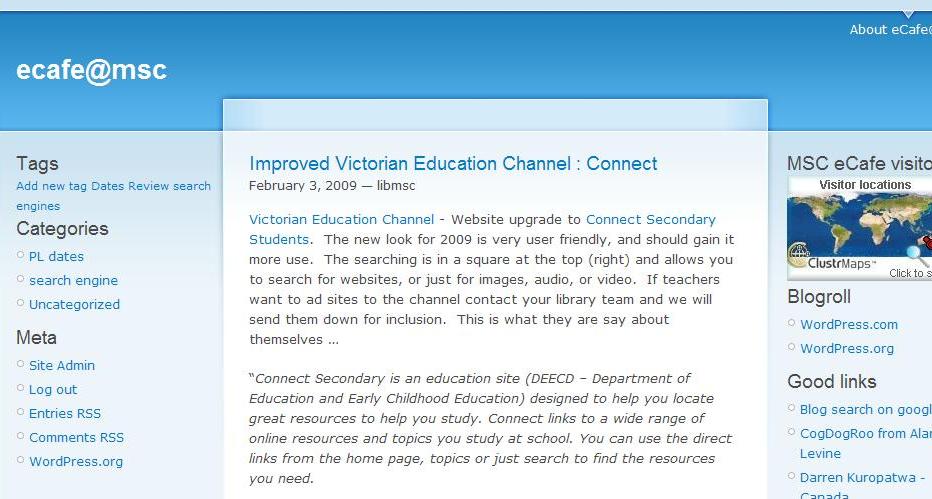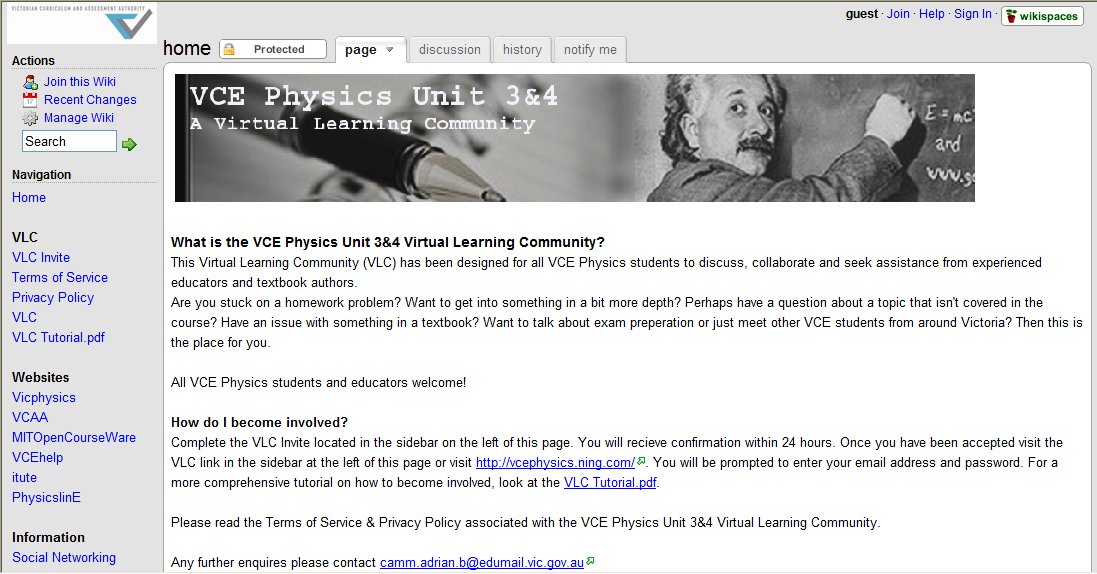Last year Mooroolbark College teachers Jodie Tilley and Pennie White developed a wonderful WebQuest. This WebQuest was an award winner in the Education Channel (now Connect) and SLAV WebQuests and Beyond 2008 competition.
Jodie explains how the WebQuest came about. ‘The Yarra Valley eLearning Community implemented a 1:2 laptop program for year 7 and 8 in seven schools including Mooroolbark College and was running PD to support the curriculum development needed. I am a maths teacher at Mooroolbark College. I attended a professional development session run by Pennie White on Student Collaborative Projects with an emphasis on WebQuests. Pennie White was a Development Manager for the Yarra Valley eLearning Community and was based at Mooroolbark College at the time. During this session, I became interested in using WebQuests with my class but was pretty disappointed at the lack of Maths WebQuests available. Pennie and I decided to work together to make a Maths WebQuest and this is how ‘Schoolyard Blitz’ was created. Having Pennie as an eLearning Coach in my school enabled this great project to get off the ground. Without the joint expertise and time invested this innovative curriculum would not have come about.’
Jodie says, ‘I was interested in finding a creative way to teach measurement to my Year 7 students. After brainstorming together we decided that students could design an outdoor area of the school. Pennie thought that Google Sketch-up would be the ideal 3D modelling program that students could use to do this. The best thing about this quality program is that it’s free and comes with video tutorials. This meant that we as teachers did not have to fully know how to use the program ourselves!’
Jodie continues, ‘The WebQuest itself presents a scenario to students where they work in teams of three or four to design an outdoor space of the school with a budget of 100,000. Students worked as architects, accountants, designers and computer model creators on this four-week assignment. Students had to measure the dimensions of the physical space. They had to create a scaled drawing on graph paper and develop their design for the space. They had to use the Internet (with a hotlist provided by the WebQuest) to cost the equipment, furniture and materials needed.’
Jodie explains, ‘They then used Google Sketch-up to create a virtual 3D model of their design. They had to present their submission using PowerPoint to the rest of the class. I ran this WebQuest with my year seven class with great success. The students were highly motivated and were even seen working on this in their lunchtimes.’
Jodie has also provided a list of VELS Standards addressed in the WebQuest:
- Strand: Discipline Based – Domain: Mathematics – Dimensions: Number, Measurement, Space and Working Mathematically
- Strand: Interdisciplinary Learning – Domain: Information and Communication Technology – Dimension: ICT for Creating
- Strand: Physical, Personal and Social Learning – Domain: Interpersonal Development – Dimension: working and learning in teams
Well done to Jodie and Pennie for creating such an interesting and engaging WebQuest and for winning a Smartboard in the Education Channel (now Connect) and SLAV WebQuests and Beyond 2008 competition. Hopefully this will inspire Victorian educators to submit their Web 2.0 projects to the Connect and SLAV Web 2.0 2009 competition.

